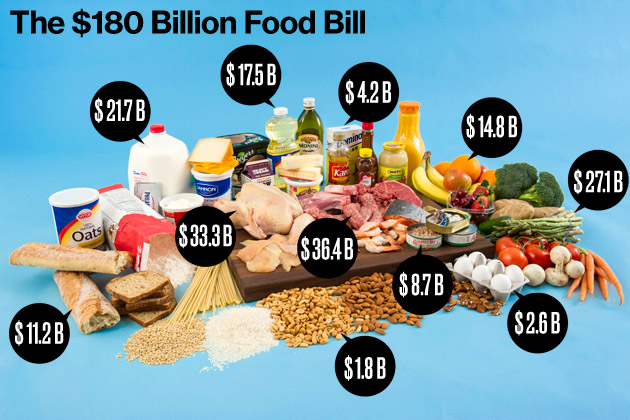It is no surprise to read an article about the ever-increasing rate of obesity in the United States. Over the past several years, news articles and reports have discussed this issue at length, blaming parents, schools, fast-food restaurants and more. But there is so much more to this. First, I want to explain that it is not obesity that I’m attacking. It is simply the unhealthy eating and lifestyles that concern me. Overweight, underweight, whatever weight a person might be, they are susceptible to an alarmingly large range of diseases and disorders as a result of eating processed, packaged, and generally unnatural foods. This might not seem like an issue for the business students of the world, but it can be.
This article is about an organization called Earth Amplified and a business that they launched called S.O.S—System out of our System—Juice. This organization works in low-income neighborhoods to educate youth about healthy eating and food production. SoS Juice is a business that strives to bring affordable, healthy food to these neighborhoods. They employ people from these neighborhoods and give them a feeling of ownership over their food production and consumption. This is one of the most important things that business students need to understand on this subject—people in low-income neighborhoods will never be able to eat healthy without access to healthy food. The price of healthy food compared to unhealthy food is extremely off-balance. Businesses have a responsibility to charge the proper prices for their food. (With all of the environmental and health impacts associated with a cheeseburger, the proper cost of it should be far greater than a dollar.)
A large problem is the marketing campaigns for many of these restaurants. “The flaws of our global economy are best exposed by looking at our food system—soil-depleting and oil-depleting factory farming, economic policies that contribute to starvation abroad, and disease and obesity at home, all packaged with a marketing campaign to enforce the “buy first, ask never” social contract—just buy what they say to buy, and eat/shut up.”
Further, another article sums it up perfectly. “The fast food industry spends more on advertising in four days than the Robert Wood Johnson Foundation, the nation’s leading organization fighting childhood obesity, spends on health education in an entire year.” This should not be the case. Business students and CEOs have the power to make a change for the better. Change marketing and change store locations so that consumers can make healthy choices.


